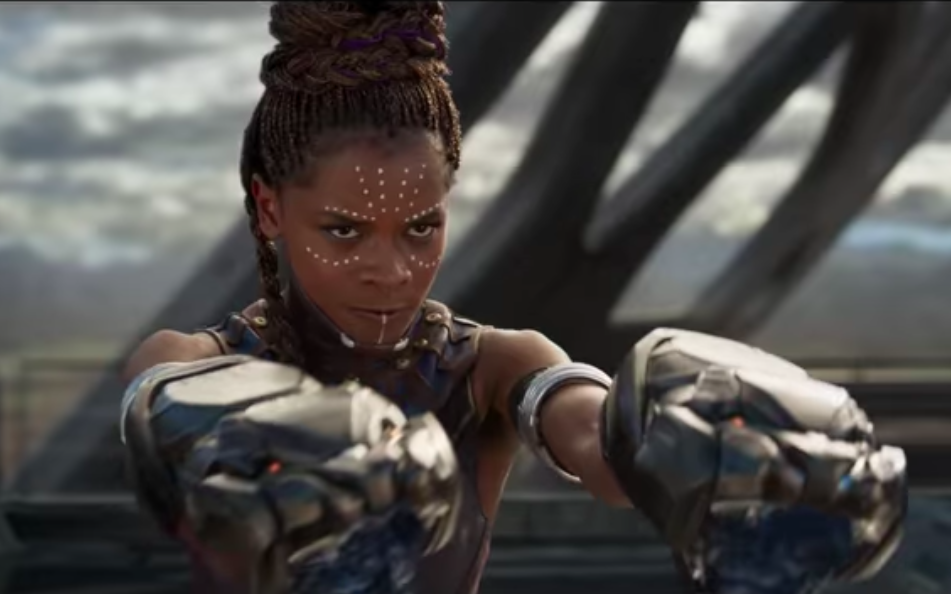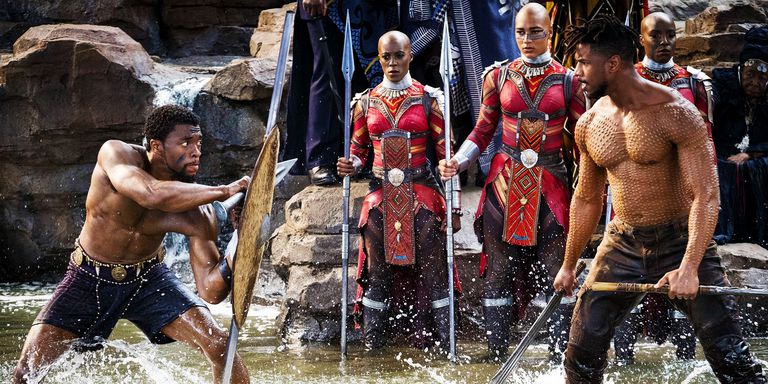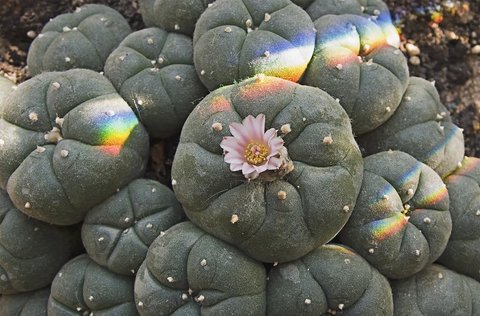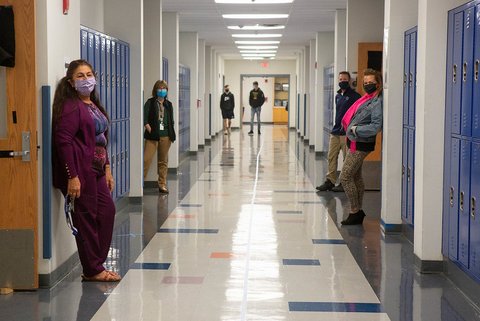
01 Jan A Year of Steps Forward, Steps Back and, Yes, Black Panther

Commentary, Keisa Reynolds
It is safe to say many of us had a rough year. For many, 2018 might have felt never-ending.
There is a tweet floating around the internet about Black Panther coming out in 2018, signifying exactly how long this past year has gone. It is hilariously true, as it feels like the world has been talking about the blockbuster for years. The last 12 months have seriously dragged on. My mind is a little foggy and maybe yours is too. I can’t give a recap of all major events that occurred in the United States, but a few things did stand out.
The conversation about gun violence gained momentum early this year following the mass shooting at Marjory Stoneman Douglas High School in Parkland, Florida. Surviving students embarked a journey of activism with a series of demonstrations across the country in support of the March for Our Lives. This youth-led movement has included the voices of young people in Chicago, a demographic often ignored and misrepresented by the mainstream media and President Trump.
The country has yet come to a resolution—and there is no certainty that there is one that will effectively end gun violence—but most people seem to be on the same page in regards to wanting safety.
Racial violence, however, remained a significant issue in 2018. In July, for instance, two young Black women were attacked at the MacArthur BART station. John Cowell, a 27-year-old white man, allegedly stabbed 18-year-old Nia Wilson and her sister, 26-year-old Lahtifa Wilson, killing Nia. Many believe the unprovoked assault was racially motivated, though authorities will not say that it was. The criminal proceedings against Cowell were recently put on hold so that doctors could determine whether he is mentally fit to stand trial.
Nia Wilson’s murder is notable, to be sure, but it is far from the only attack last year that was definitely or apparently spurred on by white supremacy. In 2018, hate crimes increased for the third year in a row, a fact that is simply terrifying for me to consider as a queer Black person.
The killing of Nia Wilson has thrown a glaring spotlight on the threat against marginalized communities, but it has also brought people together and encouraged them to stand up for themselves.
Standing up for themselves also became a major theme for victims of sexual assault and harassment in 2018. Dr. Christine Blasey Ford gave a powerful testimony about the assault she allegedly experienced at the hands of Brett Kavanaugh, a judge nominated by Trump for the Supreme Court. He is now an associate justice, which is, unfortunately, not surprising, considering Clarence Thomas holds the same position despite the testimony of Anita Hill. It seems the #MeToo Movement has reached all industries, and it continues to illuminate violence and harassment people, especially women, face regardless of their age, race, sexual orientation, class or education.
It has become clearer to more and more people each day that sexual violence runs rampant in our society, and it is our duty to disrupt it. This is not a revelation for many anti-rape activists, but their work over the past decades continues to make an impact.
This was a pretty important year for women in politics, especially women of color. While Stacy Abrams did not win the governorship, she is the most voted for Democrat in Georgia and captured the hearts of people around the country. Sharice Davids and Deb Haaland became the first Native Americans elected to Congress, representing their districts in New Mexico and Kansas, respectively. At 28, newcomer Alexandria Ocasio-Cortez of the Bronx, New York, is shaping up to be one of the biggest political forces in our nation’s capital—another sign that young people know how to fight for our futures.
There was beauty too. In 2018, we saw an unprecedented amount of representation of the marginalized communities in media and arts. The stunning portraits of former President Obama and First Lady Michelle Obama introduced two black artists, Kehinde Wiley and Amy Sherald to those of us who didn’t know their talents. Tyler Mitchell, a 23-year-old photographer, is the first black person to have shot a Vogue cover, and it was for none other than Beyoncé. Sandra Oh of “Killing Eve” became the first person of Asian descent nominated for a Primetime Emmy Award for Outstanding Lead Actress in a Drama Series. The TV drama “Pose” gifted viewers with an intimate look into 1980s ballroom culture and the legacies that black and Latinx LGBTQ+ people, especially trans women, left behind for young queer and trans people today.
This was the year of knowing our faces could grace any magazine cover, play the leading character in a romantic comedy, and direct a film of any genre, fantasy included.
It helps to think about the good that came out of this year. It is a privilege to ignore the countless tragedies, so we shouldn’t pretend all is well. At the same time, we have to keep moving forward and remember to find joy in these moments.
I remain an optimist as usual. My exhausted body is hobbling into the New Year, but I will be there rooting for us all. We made it through this past year. That counts for something, right? In the words of the latest generations of Degrassi, we can make it through.





No Comments